Israel’s Minister of Economy and Industry Nir Barkat’s recent remarks in Tel Aviv, calling India a “huge giant” and an emerging “great power”, capture a reality the world has been gradually waking up to: India has moved from being a promising market to a decisive global player. The signing of the Terms of Reference (ToR) to fast-track negotiations for a Free Trade Agreement (FTA) between India and Israel is not just a bureaucratic milestone; it signals the sharpening of a partnership rooted in mutual strengths, complementary economies, and shared democratic values.
Barkat’s statements, delivered after he met with Commerce and Industry Minister Piyush Goyal, were unusually candid. “The India of tomorrow is a great power,” he said, emphasising not only India’s demographic advantage but also its expanding role as a strategic gateway to Asia. For a country like Israel, known globally for cutting-edge innovation, technological prowess, and high-value research, aligning with India makes perfect sense. One offers scale and skill; the other offers innovation and agility. It is a textbook example of economic complementarity.
The chemistry between Goyal and Barkat, repeatedly highlighted by the Israeli minister, is not just diplomatic courtesy. Personal rapport often accelerates trade agreements, and in this case, it appears to have infused the process with optimism and urgency. Barkat’s description of India as a partner capable of helping Israel “become stronger and better” underscores a willingness in Tel Aviv to look beyond traditional markets and invest strategically in Asia’s rising power.
For India, the FTA is timely. As New Delhi seeks to expand its global footprint, forge resilient supply chains, and attract high-value investments, Israel represents a crucial partner. From defence technologies and cybersecurity to agriculture, water management, and healthcare, the potential for collaboration is immense. India’s skill base, combined with Israel’s innovation ecosystem, could unlock a new wave of co-developed solutions for global markets.
Quick Reads
View AllGoyal’s remarks during the signing ceremony reflect New Delhi’s clarity on the benefits of this partnership. An FTA that removes market barriers, enhances predictability, and simplifies business norms could dramatically boost bilateral trade. Currently hovering around $10 billion annually, the trade volume remains disproportionately low given the potential. A comprehensive FTA could change that, especially in sectors such as defence manufacturing, clean energy, start-up collaboration, pharmaceuticals, and high-tech solutions.
One of the most significant points made by both sides is that India and Israel “do not compete” with each other in core sectors. This is an important strategic advantage. Many FTAs get bogged down because partner countries worry about flooding each other’s markets with competing goods. India and Israel, however, bring distinct strengths to the table. Israel excels in high-technology niches; India offers scale, manufacturing capacity, and a massive market hungry for innovation. This creates a natural synergy where both nations act as “force multipliers” rather than rivals.
Barkat also highlighted another crucial element: making Israeli entrepreneurs comfortable with doing business in India. This is often a barrier in Indo-foreign trade relationships. Many global investors acknowledge India’s market potential but hesitate due to regulatory complexity or unfamiliarity with local business ecosystems. The FTA could serve as a confidence-boosting mechanism, signalling long-term stability and predictability. Once Israeli start-ups and innovators embed themselves in the Indian market, the results could be transformational.
At a geopolitical level, the timing is equally significant. With global supply chains shifting and major powers competing for influence in Asia and the Middle East, India and Israel have found greater strategic alignment. Their cooperation, once limited mostly to defence and agriculture, has now expanded into cutting-edge technology, energy security, and joint research. The FTA, therefore, must be understood not just as an economic instrument but as a pillar of a broader strategic partnership.
For India, being acknowledged as a “great power” by a technologically advanced nation like Israel reinforces its growing global stature. As Barkat rightly observed, the world’s most populous country is no longer just a market; it is a gateway to Asia and potentially one of the most influential actors shaping the global economic order. Israel’s decision to fast-track an FTA reflects this recognition.
The India-Israel partnership stands at a critical inflection point. With political goodwill, complementary strengths, and a shared desire for innovation-driven growth, the FTA could become a defining feature of 21st-century economic diplomacy. If concluded successfully, it may very well set a benchmark for how middle-power democracies collaborate to shape the global economy.
(The writer is a techie, political analyst, and author. He pens national, geopolitical, and social issues. His social media handle is @prosenjitnth. Views expressed in the above piece are personal and solely those of the author. They do not necessarily reflect Firstpost’s views.)


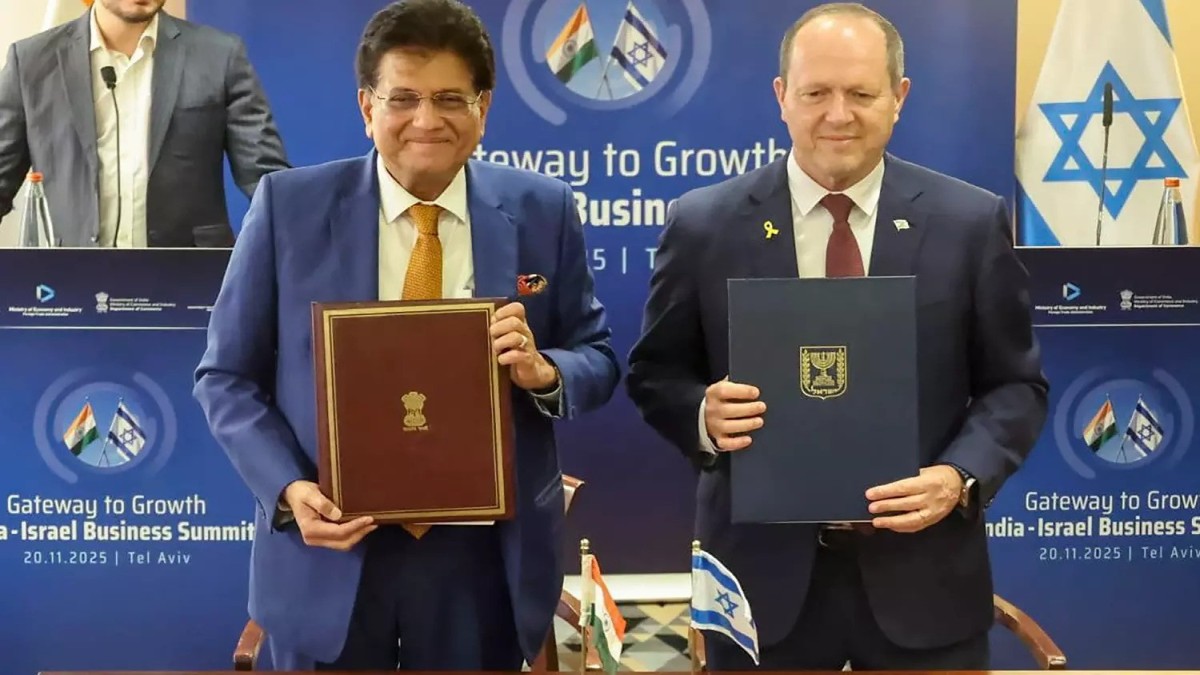)

)
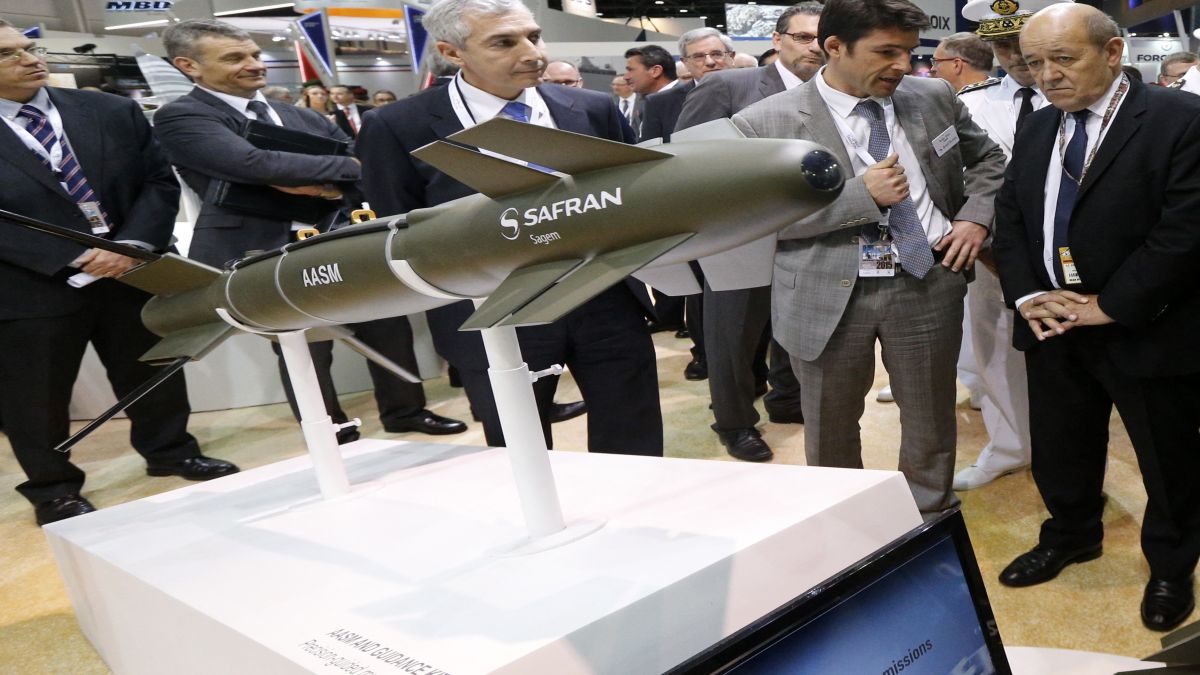)
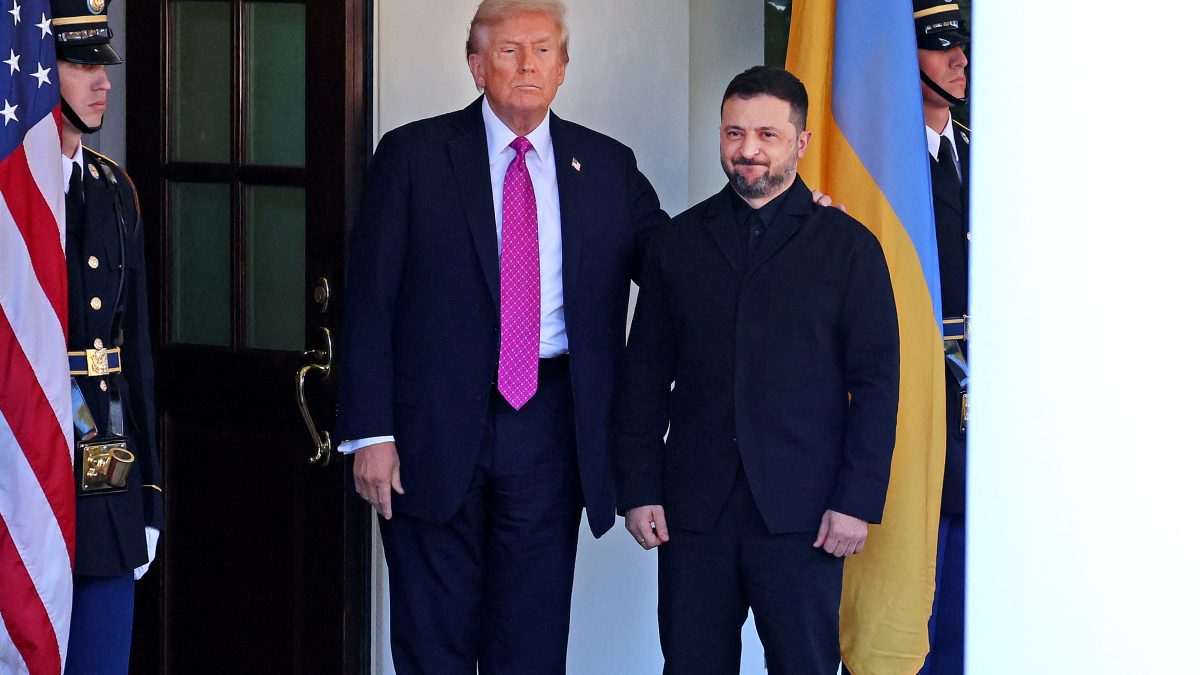)
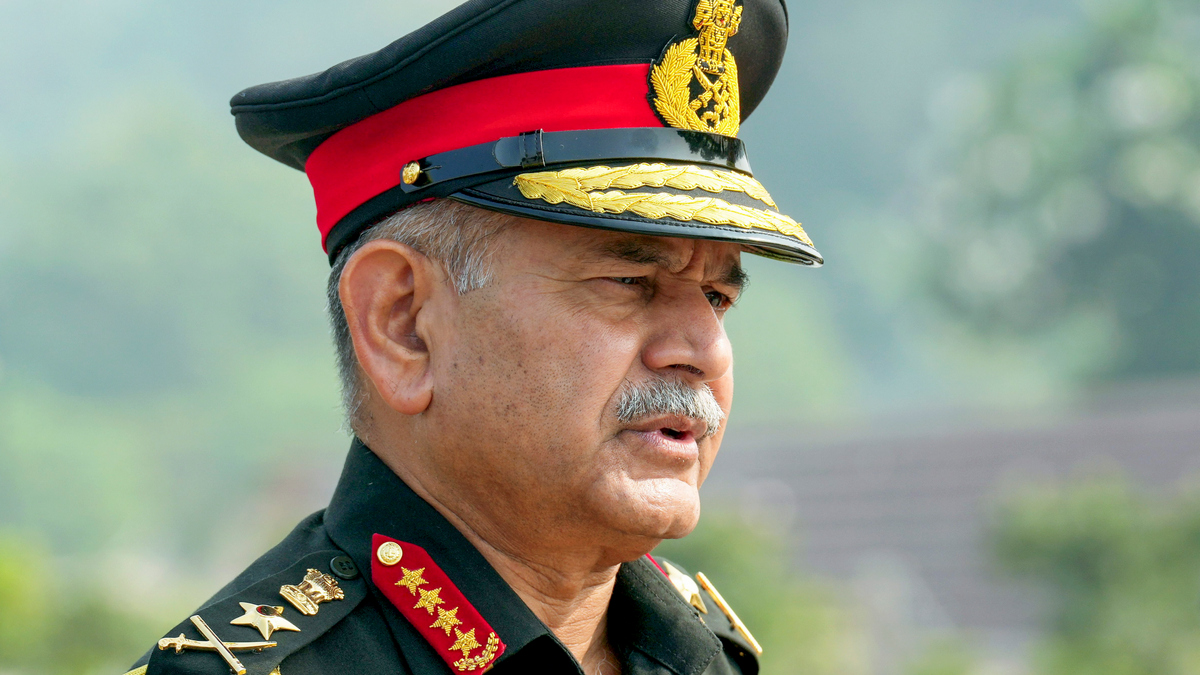)
)
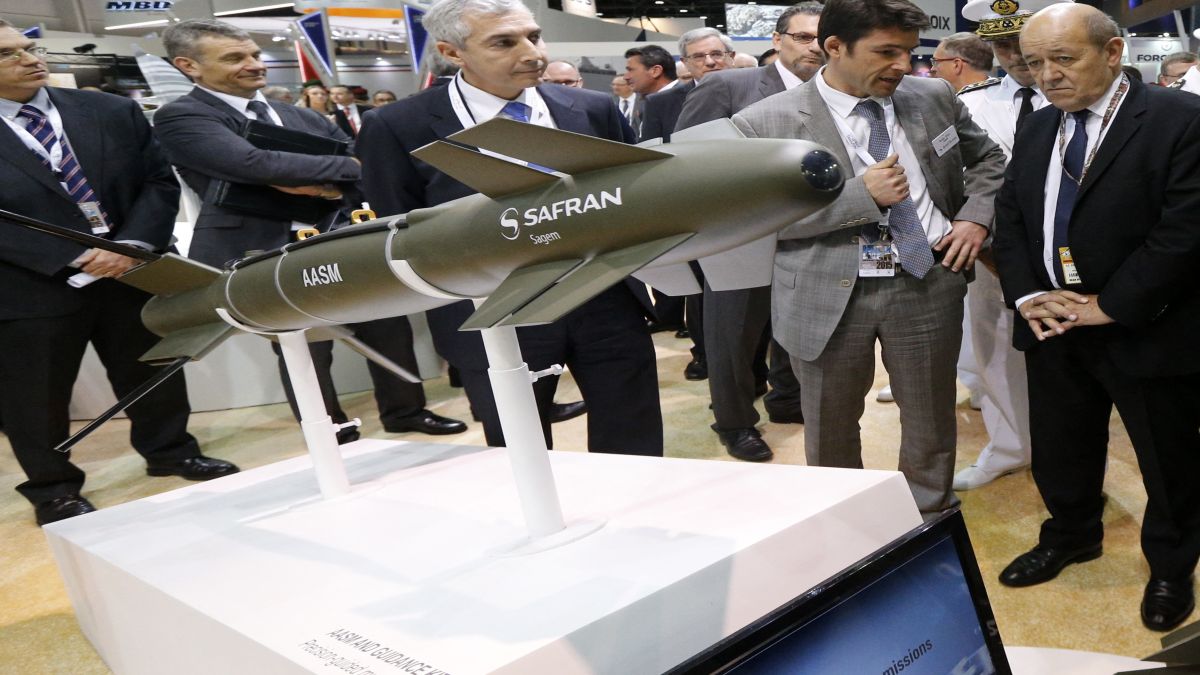)
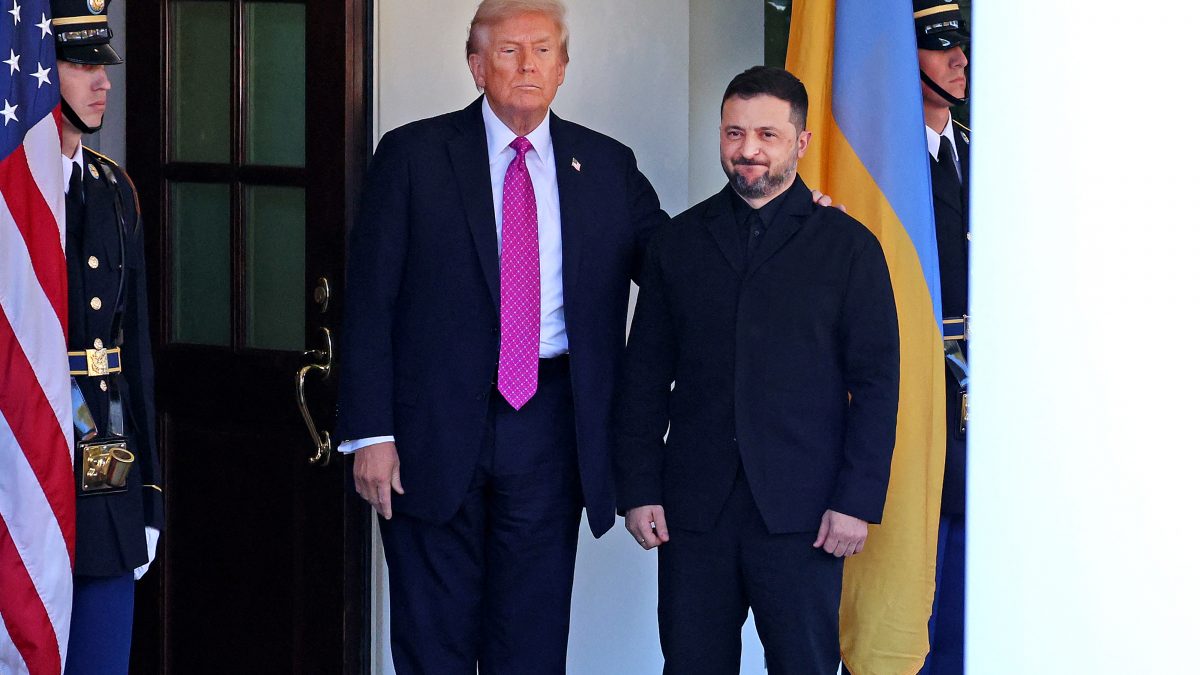)
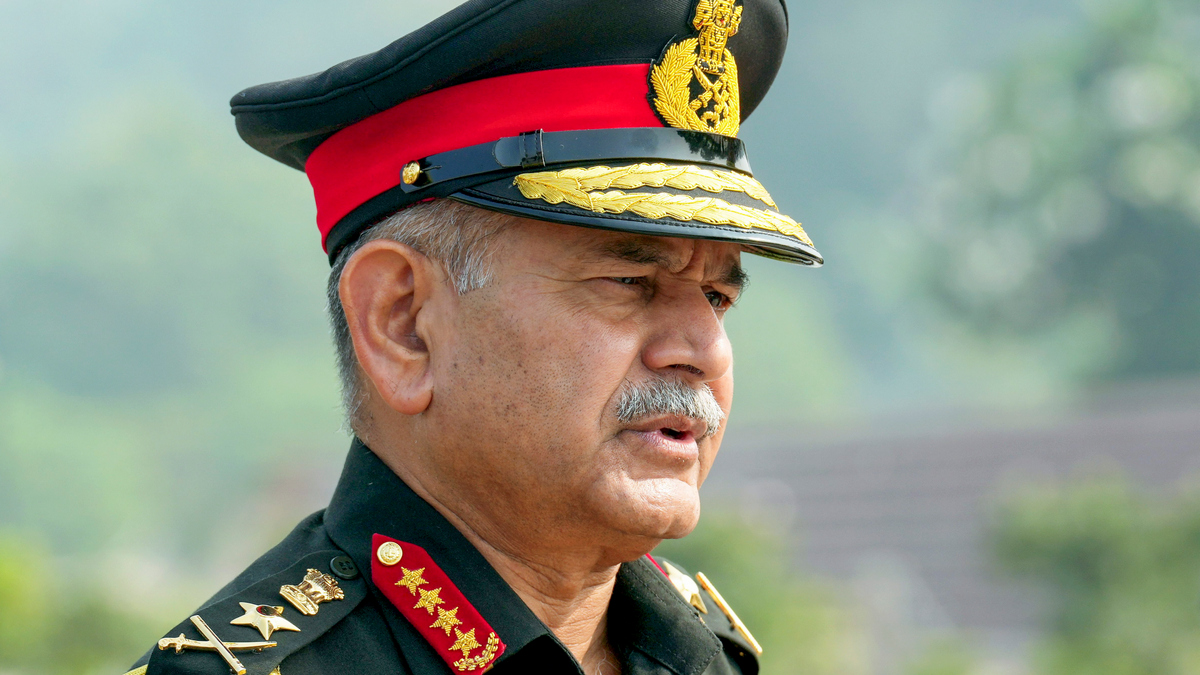)



